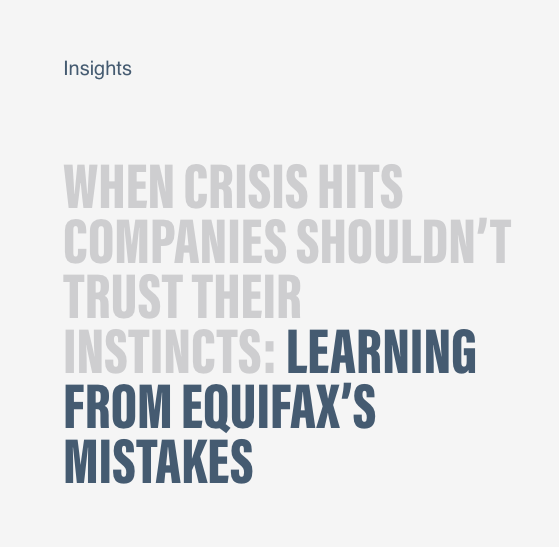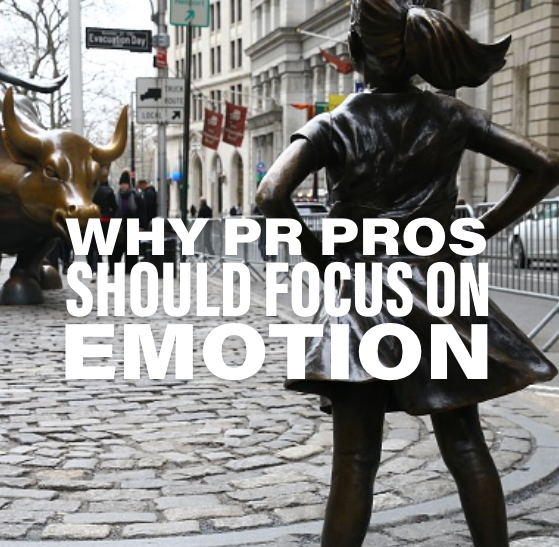Language of Hispanic + Latinx Identity
At maslansky + partners, we believe language is powerful. This holds especially true when it comes to diversity, equity, and inclusion, where language is critical to how we see and relate to each other. But when it comes to identity, language is also personal. As part of our language of identity series, we’re highlighting voices speaking about the role of language in their lives — and in the ways they articulate their own identities. This is the third post in the series, The Language of Hispanic and Latinx identity. Please join us in learning, listening, and sharing.
Yesterday marked the end of National Hispanic Heritage month, a month intended to “celebrate the countless contributions of more than 60 million Hispanic and Latin Americans to our culture and society.” So while events looked a little differently this year, at m+p, we wanted to use this time to reflect on what this heritage means to our Hispanic and Latinx colleagues and friends. How does it translate in their day-to-day, and the contributions they make beyond just this month? What language do they use to identify this aspect of their identity? And while the month is designed to celebrate both Hispanic and Latin Americans, what do these terms mean?
Below, we share the perspectives of our Hispanic and Latinx colleagues, friends, and family members about the language they use to articulate their identity – and why it matters. We present these perspectives in their unedited format to allow their voices to speak for themselves, but have bolded parts we found particularly powerful.
I consider myself, and identify as, an Argentine-born Canadianized Mexicana with Latina roots. I outline the specifics in order to pay tribute to my nuanced heritage and trajectory.
For me, having a Latinx identity means actively incorporating my heritage and history into my daily practices. My family has purposefully ensured we kept up practices, routines, and traditions that recognize and celebrate our Latinx history, despite no longer living in a Latin American country. Whether it be our daily “besos” (kisses on the cheek) or incorporating Spanish words when we feel it imbues more meaning into a sentiment or phrase (there simply is no translation for the Spanish “te quiero”* in English. “Te quiero” translates to something along the lines of “I care for you and love you” but is different than “Te amo” which is “I love you”.), we are proud to live out our Latinx identity through our day to day practices.
Friend of m+p
I would say I’m Hispanic and Mexican, but Latino also applies, though I prefer Hispanic because it narrows it down more. I identify personally as something in-between, as 1.5 generation (1.5 generation often refers to people who immigrate to a new country as children or before/during adolescence). As I’ve gotten older, my affinity and appreciation for my Mexican culture has grown. I grew up near the border in San Diego, so I had my toes dipped in Mexico, but I was living in America. I was able to cross easily, so I didn’t lose my Mexican-ness when I came to the U.S. It was always there. I can’t identify as fully Mexican, but I don’t identify as fully American. It’s like a limbo space. I can’t claim to have the whole experience of my white colleagues, yet I don’t have the full experience of being Mexican, especially since I have the benefit of the privilege of sometimes being white-passing. Sometimes I feel like I’m robbing someone of their identity by claiming to be Hispanic. Technically I am, but did I have the full experience of it? I don’t know if I did, it was just a different experience.
When I moved to NYC, being Hispanic played a smaller part in my life, versus being in California, where I’m surrounded by my family, and just going anywhere, you’re surrounded by Hispanic and Latino people. There’s a sense of community and solidarity, even with strangers, because you come from a shared background. But I feel a sense of isolation from that here in NYC, it’s hard to find a similar sense of community. I try to find it through food. And when I hear someone speak Spanish and I can tell they’re Mexican, I get excited because it feels like home again. But it’s definitely played a smaller role here. Well, it’s played a role in that I feel more isolated because I’m missing that community.
When I’m home, it feels easier, like I can take off a disguise, my shoulders relax just being home. Maybe it’s part being near family, another part open space and sunshine, but I feel relaxed knowing I can stop pretending. For example, it’s hard to talk in English in long stretches, it’s exhausting sometimes. Even though I’m proficient in it, sometimes I stumble over words. I feel most comfortable when I can interchange both Spanish and English, without having to think or explain. With my family, we can jump from the languages with ease, even within a sentence. In English, I feel like I can’t express my ideas as fluidly as I like. I can put them down in paper, but when speaking, I sound clumsy. English feels limiting to me. I think Spanish words have more depth and meaning, it’s more poetic. A word can mean many things and many layers. English has that too, but it’s more common in Spanish.
Friend of m+p
As a Colombian/Cuban American, being Hispanic or Latinx to me means culture at the roots. Whether it’s the music, the celebrations, or family, my heritage brings life to my being. Whether it’s celebrating carnival with its vibrant colors or Sunday domino dominance, its my separate way of bonding with my family, unique to my existence that I hope to one day pass on to generations to come.
Monica Iglesias, friend of m+p
For me, being conscious of my Latino and Hispanic heritage means I have a source through which I can understand my actions in a shared context. As much as I’d like to pinpoint specific actions to explain why I feel and react to certain things, there are preset filters I see the world through; they come from the context in which I was born and raised.
Growing up in Colombia, speaking Spanish and being Latin American, meant that the borders I was surrounded by had people I could exchange thoughts with. It almost felt like there might have been another Juan Pablo in Venezuela or Mexico, with a family that was just like mine, in the same house, having the same conversations as me. It gave me an understanding of a bigger world because I had the possibility of accessing it. Maybe not physically, but I was watching the same TV, listening to the same music, reading their stories; I could speak their same language and relate to their history and culture because of how parallel but interconnected they were with mine.
Living in the US has been, in a certain way, a realization of that childhood fantasy. Here I had met and talked to all those other versions of me without expecting it. They might not look like me, they might not have lived in a house like mine, but they probably had the same conversations I had. Because we have a shared culture and language, we can begin to understand each other beyond the words we are saying but the feelings we have and our relationship to our surroundings.
Being Latino and Hispanic, for me, means there’s a community I am emotionally connected with that I need to support and that I can go to when I need help. Not because that’s the right thing to do, but because their dreams are mine and their pain is mine as well.
Juan Pablo Gomez Serrano, Language Strategist at m+p
What’s interesting about my Mexican identity to me is that I didn’t realize how connected and proud I was about where I was from until I left the country and got to see how it shaped me. To me, being Mexican is more about the warmth, family, and appreciation for the little things I was raised with than about the future I will create. It is about how many families, regardless of socioeconomic status, sit around the table on Sundays laughing with each other around a plate of quesadillas. There is a cultural unity and appreciation for heritage to being Mexican that is stronger than many other token characteristics that define me. However, I do feel the trajectories of strong, independent Mexican women have been underestimated for a few decades and I hope I can do that role justice over the next few decades.
Alejandra Martinez, friend of m+p
Coming from the Dominican Republic, I proudly identify as being Afro-Latino. To me, being Afro-Latino means being proud of my origins and embracing my culture every single day. I arrived to the United States from the Dominican Republic when I was 10 years old and early on it was really difficult to describe what my Latino identity was. As I’ve gotten older, I’ve learned how to immerse myself into the culture even while being away from home. To me that means spending time with my family, listing Spanish music, learning about the different Latino cuisines, meeting people from other countries, and many other things. I am proud Afro- Latino and I am to be a success story for my culture.
Jeff Mejia, friend of m+p








